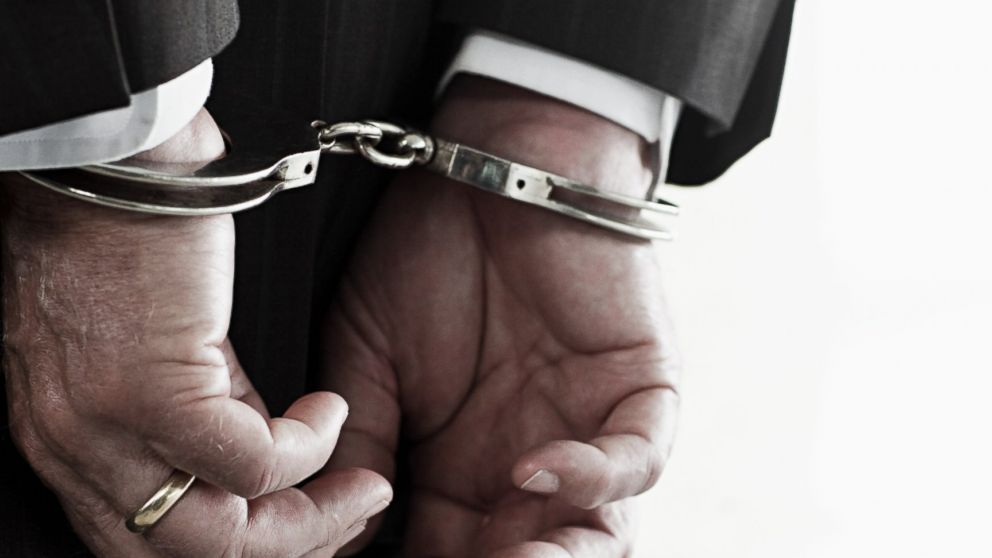Once you have been arrested and put in jail, there is probably just one thing going through your head — getting out.
In general, getting out of jail is accomplished by posting “bail.” Bail is generally cash or a piece of property that has a cash value that you give to the court in return for your promise to show up to court when you are ordered to do so.
Generally, if you show up to court when you are supposed to after being let out of jail, the court will return your bail. However, if you do not show up, the court will keep your bail and most likely issue an arrest warrant for you, meaning you’ll probably end up back in jail.

THE PROCESS OF SETTING BAIL
If you have been arrested, you will probably want to know how much your bail will be as soon as possible. If you are required to see a judge before your bail amount is set, you are probably going to spend some time in jail, often a weekend in jail (this is sometimes a tactic used by the police — they arrest you on Friday, meaning that the earliest you will see a judge to set bail is Monday), and even up to five days. However, if you were arrested for a common type of crime, jails often have a chart that can be used to set standard bail amounts which means getting out is a simple matter of paying the standard amount.
The Eighth Amendment of the United States Constitution establishes that no person can have an excessive bail amount set against them. This has been held to mean that bail cannot be used as a way for the government to raise money for itself or punish a person for being arrested. The Eight Amendment is there to ensure that bail is not used for a purpose other than to guarantee that an arrested person comes back to court at the appointed time. The bail cannot be more than is reasonable to accomplish that.
Despite the theory behind the Eighth Amendment, judges often use excessively high bail amounts to prohibit an arrested individual from getting out of jail. This type of excessive bail is often used for people that have been arrested on suspicion of dealing drugs, murder or other crimes where flight is a real possibility. Many people have argued that this type of high bail violates the Eighth Amendment, but almost all have been unsuccessful.
There are also situations in which bail is set at a reasonable amount, but the arrestee still cannot afford to pay the bail. When this happens, the arrested individual must wait to ask the judge to lower the bail amount at a special bail hearing or during the defendant’s first court appearance. Depending upon your financial situation, the judge may decide to lower your bail amount, which could making getting out of jail easier.
POSTING BAIL
When you “post bail,” you are paying the amount that your bail was set at. This can generally be done in a few ways, including:
- Paying by cash or check in the amount of your bail;
- Signing over ownership rights to property that has a cash value that is equal to or exceeds the amount of your bail;
- Giving a bond (a promise to pay if you do not appear) in the full amount of your bail; or
- Signing a statement that says you will appear in court at the required time, generally called “being released on your own recognizance.”
Generally, if you can be released on your own recognizance, you should try to take that option. However, many people are forced to purchase a bail bond in order to get released from jail. A bond is much like a check that you give to a friend, asking him or her not to cash it until you say it’s okay to do so. Generally, the purchase price of the bond is about 10% of the value. Therefore, if your bail is set at $5000, you can expect to pay about $500 in order to purchase a bail bond.
If you have the chance to avoid getting a bail bond in order to get out of jail, it is often good advice to take that second option. If you appear at court and proceed with all requirements thereof, you will generally get the full amount of your bail returned back to you (minus some small, administrative fees from the court). However, if you buy a bail bond, you are already out 10% of your bail amount (this is generally not refundable), and you will also probably have to give the bail bondsman some collateral in order to get the bond (such as an interest in your car or home). If you fail to appear in court at a required time, the bondsman can cash in on the collateral you gave, meaning that he or she could sell your property and take the money from the sale.
GETTING RELEASED ON YOUR OWN RECOGNIZANCE
As mentioned above, if you have the option of being released on your own recognizance, or “O.R.”, you should jump at this opportunity. In general, in order to be released O.R., you must simply sign a paper promising to show up at court when required.
In order to get released O.R., you will probably have to request this at your first court appearance in front of a judge. If you are denied this request, you can always ask about getting a lower bail amount.
Need Bail Now?
Patriot Bail Bonds is here to help you get you or you loved ones out of custody. 24 hours a day, 7 days a week.

